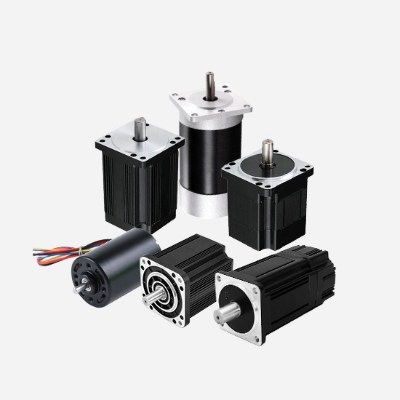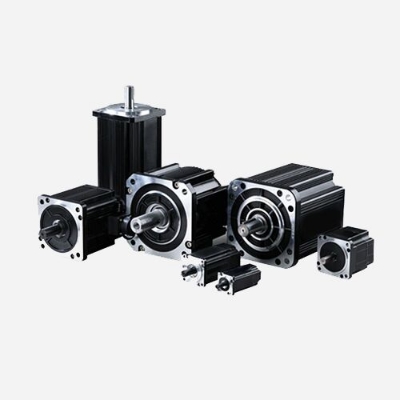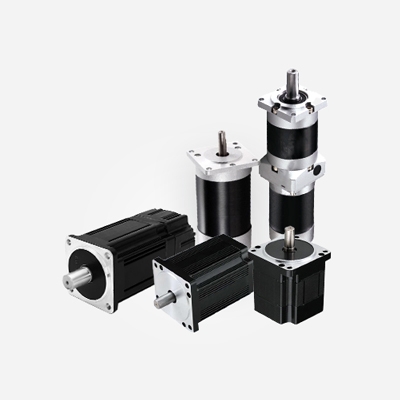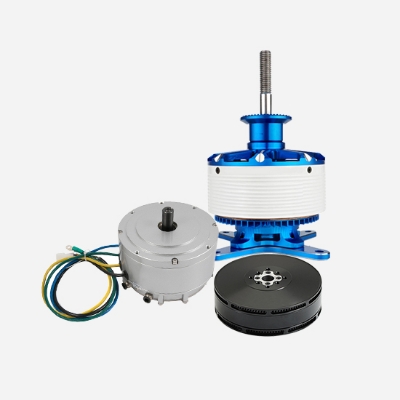A brushless motor is also called DC variable frequency motor (BLDC) in some fields. It adopts an electronic commutation (Hall sensor), and the coil (armature) does not move the magnetic pole. At this time, the permanent magnet can be outside the coil or inside the coil, so there is a distinction between an outrunner DC brushless motor and an inrunner brushless DC motor.
The BLDC motors are compact in size and provide high torque as well as better speed control and efficiency. So, next we will talk about the advantages of 3-phase brushless DC motors from 6 aspects.
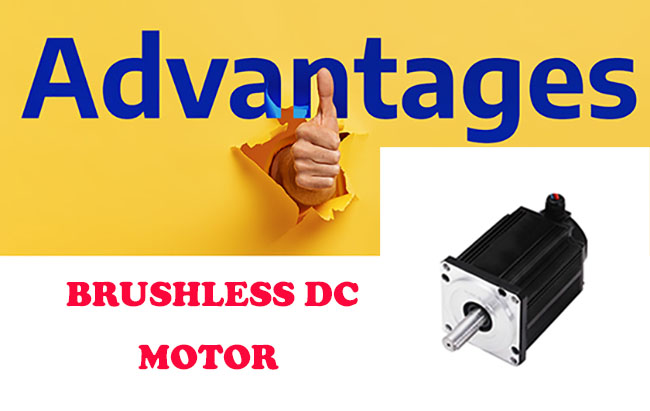
Advantages of brushless DC motor
- Quiet motor operation
Friction and arcing between the brushes and commutator plate in a brushed motor can produce a lot of motor noise. In a brushless motor, commutation is performed by an electronic circuit, so operation is much quieter. - Less heat generated by the motor
In addition to generating sound, the friction between the brushes and commutator plates in a brushed motor generates a lot of heat. This can be a serious problem in many applications. In a brushless motor, the only friction occurs in the rotor bearings. This means that heat generation is much less of a problem in a brushless motor. - Higher motor efficiency
This is a particularly important advantage of brushless motors. The sound and heat generated by a brush motor essentially represent the power loss of the device, taking energy away from the rotor itself - which will be used to drive the load. In a brushless motor, the sound and heat generated are greatly reduced, resulting in a significant increase in efficiency. - Longer motor life
Brushes in brush motors wear out with use because they are in constant contact with the commutator - it's only a matter of time before they need to be replaced. Brushless motors do not face this problem, which greatly reduces maintenance requirements and can be implemented in a range of applications where brushes cannot be replaced, such as in satellite communications equipment in outer space. - The better motor power-to-weight ratio
Fewer mechanical parts mean that brushless motors have a lower mass than brushed motors. The result: brushless motors offer better power-to-weight and torque-to-weight ratios than brushed motors. - Wide application range and good control effect
The brushless motor has a controller (driver), which can realize simple to complex control and can realize various communication requirements (232, 485, CAN, etc.) so that in addition to meeting some conventional mechanical actions, it can also perform complex control command. And with the widespread use of magnetic encoders in recent years, it can replace some simple servo applications.
In summary, brushless DC motors offer many advantages including low maintenance costs and low maintenance frequency. They are compact in size and offer high torque as well as better speed control and efficiency. On the other hand, it has some disadvantages due to the electronic control involved, such as higher costs, resonance issues and complex wiring setups.

